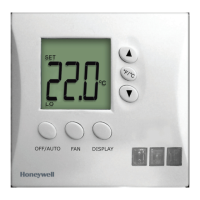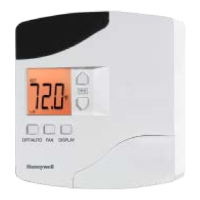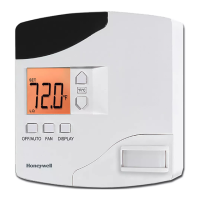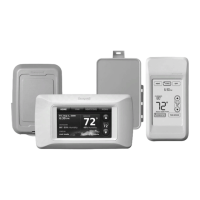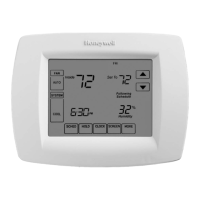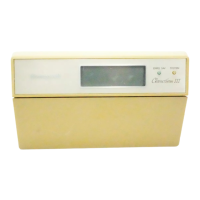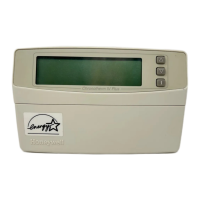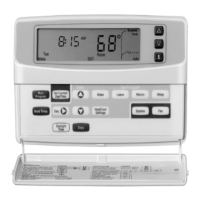Honeywell has taken steps to prevent e7w PC50X device from being injected, but the mass
data flow will result in loss of wireless communication bandwidth within the whole system.
Regular check of the communication failure rate or response rate of IRAS devices is helpful to
discover and isolate devices being attacked and stop the physical attacks in daily operation.
Network Communication Notice
1. To keep maximum integration compatibility with third — party devices, CELS and Fast-pack
communications are un-encrypted as open protocol. Improper security protection may lead
to data leakage, spoofing and/or tampered by malicious devices and denial-of-service at-
tacks. It is the CELS and Fast-pack devices vendor’s responsibility to keep application layer
data secured by industry standard cryptographic methods
2. To keep maximum integration compatibility with legacy devices, in-room wired devices are
less secure from data confidentiality and authentication thus not-recommended for new de-
sign. It is always highly recommended to use deep mesh wireless network communication to
gain maximum protection and latest updates.
3. In case of Deny-of-Service attacks, all communication channels will inevitably have loss of
bandwidth due to malicious data flow.
4. The RS 485, S5 bus, and e7w bus may contain legacy technology, which is less secure under
modern cyber-security attacks. Honeywell strongly recommends to use a secured deep mesh
wireless network communication. In case of legacy technology, user needs to be aware of the
risk of being tampered or attacked. To reduce the attack surface, user is advised to physically
secure the wired communication signals or provide necessary shield on wires, or place neces-
sary access control on accessing such communication wires.
